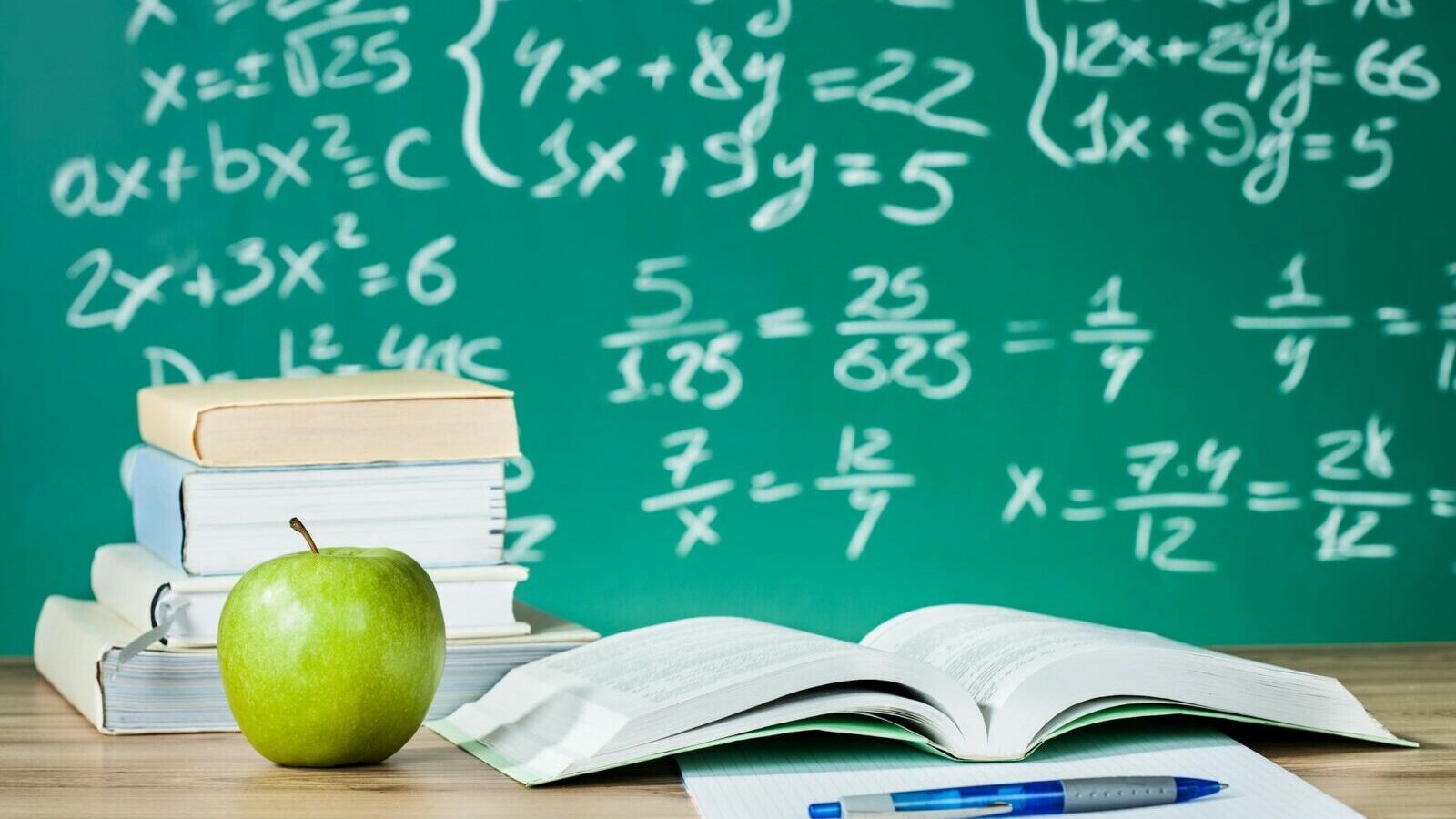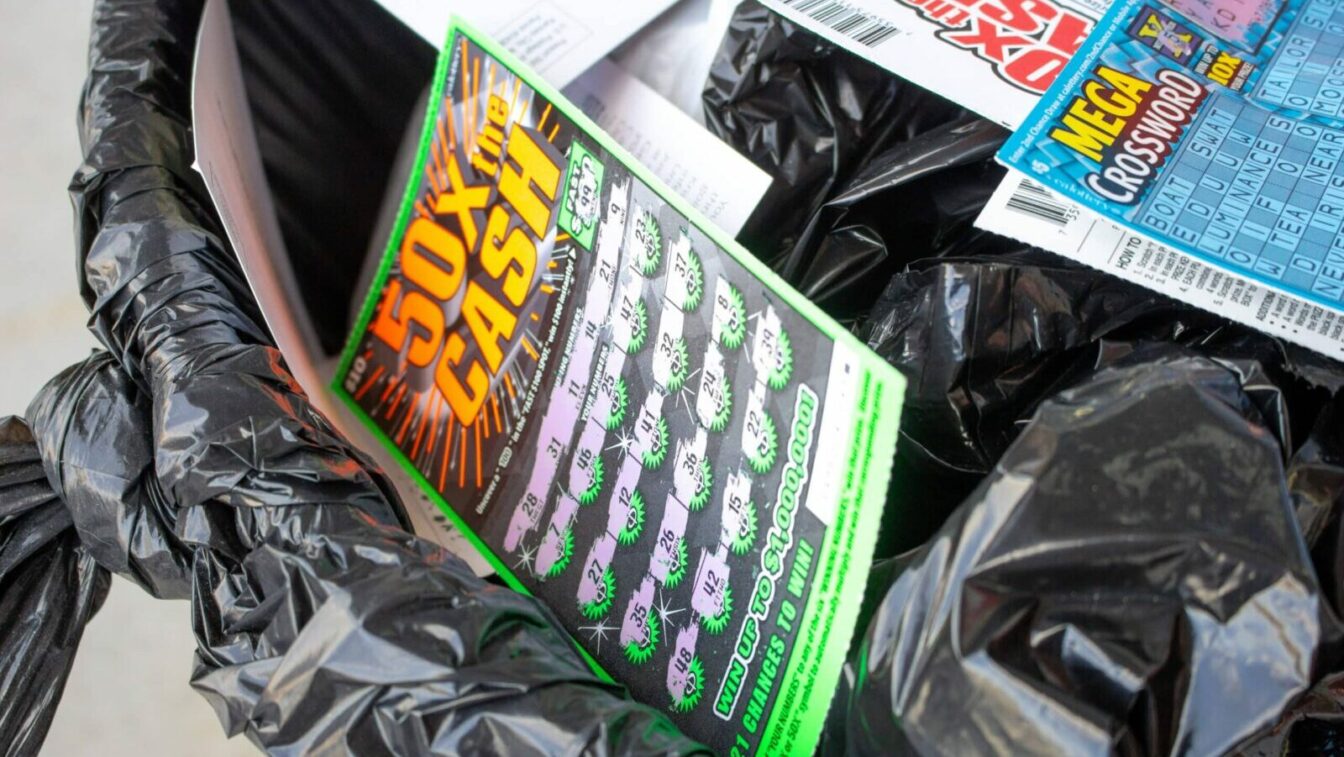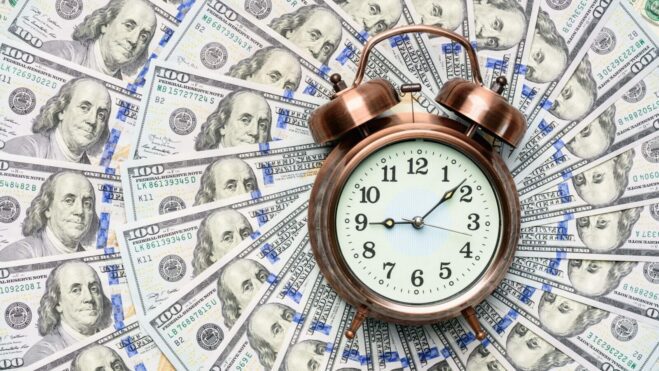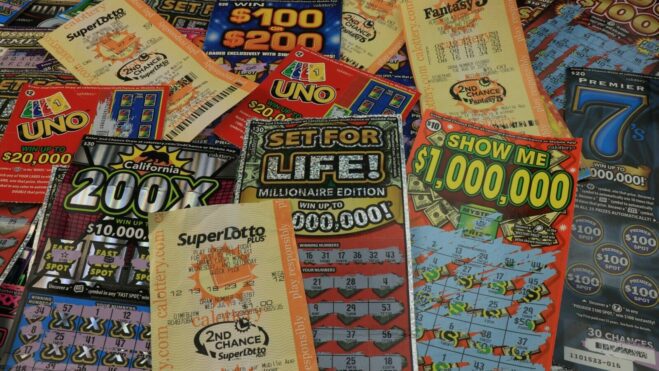Math Professor Calculates Jackpot ‘+EV’ Point — And It’s Way Beyond The All-Time Record
USC professor was compelled to consider the problem more carefully and devise a formula that could best approximate where the +EV point lies.
1 min

Millions of Americans are itching to buy lottery tickets this weekend, seeing the Mega Millions jackpot just shy of a billion dollars and the Powerball at $750 million, either of which would be among the 15 richest jackpots ever won in the U.S.
But does either lottery offer positive expected value for the customer? Is the average return greater than the $2 the ticket costs?
Short answer: Unless sales are stunningly low, absolutely not.
This question, and the possible answers to it, were the subject of a feature article on Lottery Geeks this week, with the headline “Can A Jackpot Grow So Enormous That The Lottery Becomes A ‘+EV’ Play?”
The mathematicians surveyed all agreed that it was possible, and one even believed it had happened at least once recently.
After reading the article, one of those math experts was compelled to consider the problem with renewed focus and devise a formula that could best approximate where the +EV point lies.
The equation
USC Professor of Mathematics Ken Alexander shared his calculations with Lottery Geeks. (If math makes your head hurt, just scroll down to the bottom.) According to Alexander:
To figure (approximately) the necessary jackpot size to make a positive EV, you need these inputs:
N = number of possible entries (choices of the 6 numbers, around 300 million for Powerball or Mega Millions)
S = number of tickets sold for the drawing (varies from 10-170 million for Powerball, from data I saw; bigger when jackpot is large but more often toward the low end)
c = “coverage” = S/N (the above variation in S makes c vary from .03 – .56)
E = expected fraction of the jackpot that’s yours if you win (less than 1 due to possible sharing — an approximate formula is E = 1 – c/2 + (c^2)/6)
L = fraction you get of the full jackpot when you take a lump sum (currently about .52 it appears — it varies with interest rates)
T = fraction paid as income tax (about .37 federal, plus state, so .50 or so in CA)
J = jackpot
Then the expected value when buying a ticket for $2 is approximately
(J x L x E x (1-T) x 1/N) – 2.
This is positive if
J > 2N / [L x E x (1-T)].
If I plug in N = 300 million, c = .56 (making E about .77), L = .52, and T = .5, I get about $3 billion as the necessary jackpot to get a positive expected value.
The takeaway
Daunting, right? Well, Alexander offers the caveat that “if you live in a state with no income tax then it’s ‘only’ about $2.2 billion necessary.”
The all-time U.S. jackpot record is $2.04 billion, so using Alexander’s calculations, and assuming potential winners live in states that charge income tax, either Powerball or Mega Millions has only ever gotten about two-thirds of the way to the theoretical +EV point.
But if one of these jackpots can keep rolling over for a few more months …






